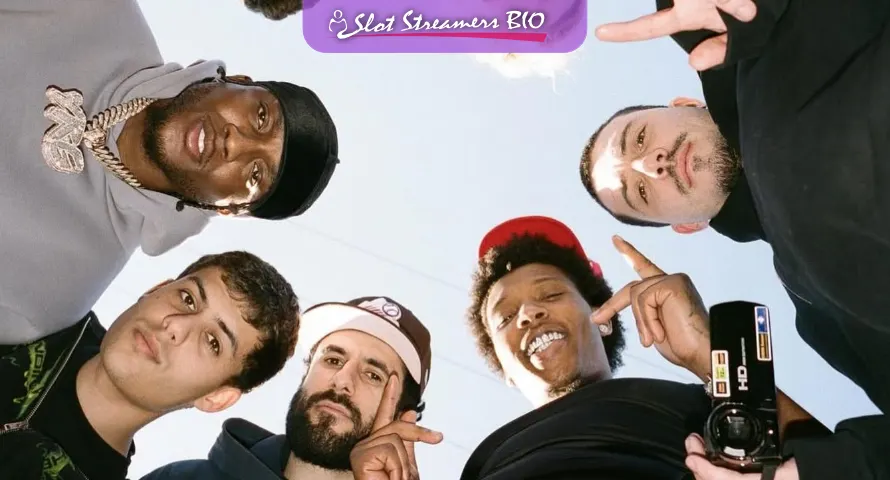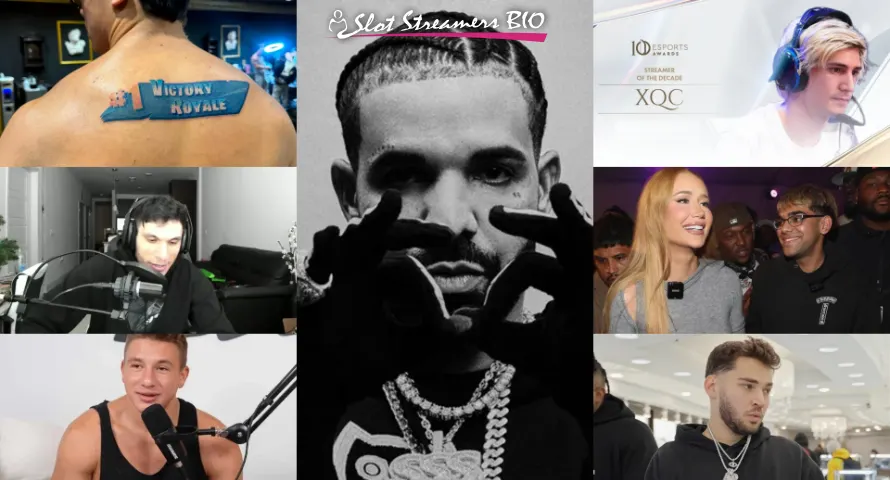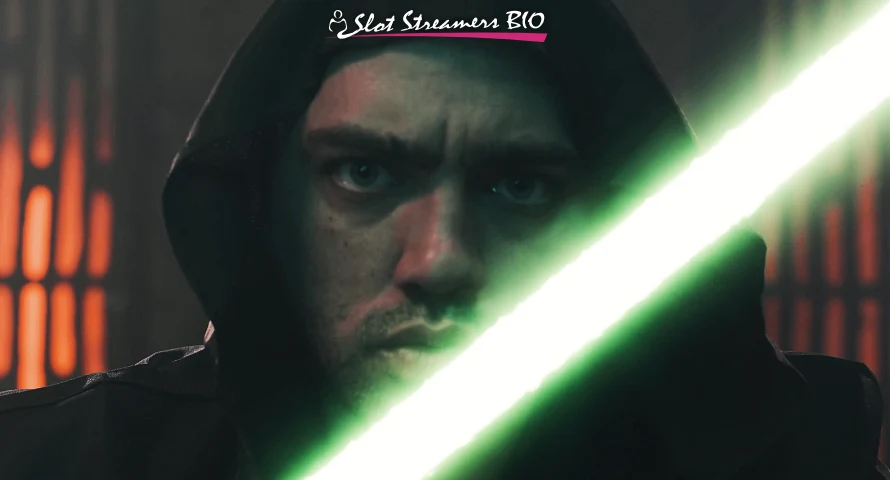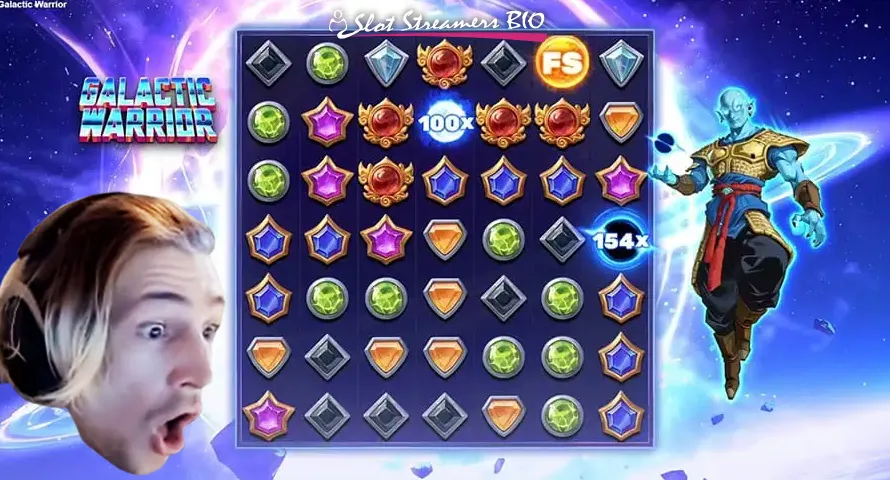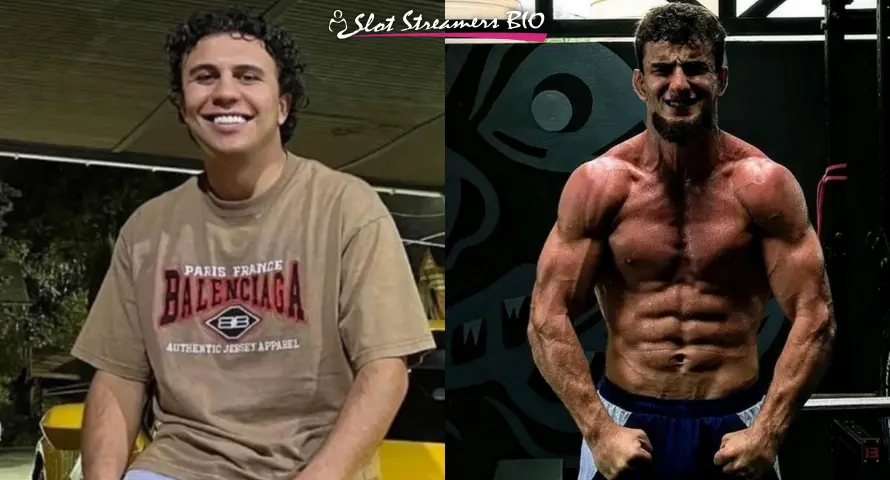“React-gate” Controversy: Ethics and Innovation in Twitch Content Creation

The scandal known as "react-gate," involving Felix "xQc" Lengyel, has sparked a significant debate within the streaming world, focusing on the ethical boundaries of content creation on platforms like Twitch.
The scandal known as “react-gate,” involving Felix “xQc” Lengyel, has sparked a significant debate within the streaming world, focusing on the ethical boundaries of content creation on platforms like Twitch. This controversy centers on the practice of reaction videos, where streamers like xQc watch and comment on content produced by others, raising questions about creativity, copyright, and the respect owed to original content makers.
The core of the issue lies in the criticism that such reaction content is “lazy,” often failing to add meaningful transformation to the original works. Moreover, xQc has faced accusations of not acknowledging or compensating the original creators for their content, leading to a broader discussion about the ethics and legality of these practices in the content creation sphere.
The conflict intensified after a public debate between xQc and Ethan Klein, the host of the H3H3 Podcast, which ended with the audience largely siding with Klein. Klein accused xQc of monetizing others’ content without the intent to compensate the original creators unless explicitly challenged. This debate was further fueled by Vince Vintage’s public complaint against xQc for unauthorized use of his content, which kicked off the entire controversy.
In response, xQc took to Twitter to announce his intention to reveal information to counter the “lies” being spread about him. He pointed out what he perceived as inconsistency in Vince Vintage’s stance, noting Vintage’s earlier approval of similar content from Matthew “Mizkif” Rinaudo, yet condemning xQc. xQc supported his defense with screenshots showing attempts by his editor to offer compensation to Vintage, contradicting Vintage’s assertion that no compensation was offered.
Beyond the debate over content ethics and copyright, “react-gate” has also highlighted the personal challenges faced by content creators like xQc. He has shared insights into his emotional struggles, including dealing with his divorce and the negative impact of constant criticism. This personal aspect of the controversy underscores the emotional and psychological pressures that high-profile figures in the content creation world often endure.
Ultimately, “react-gate” exemplifies the intricate issues surrounding copyright in the digital era, underscoring the need for ethical content creation practices and the establishment of clear guidelines to protect original creators’ rights. It also emphasizes the necessity of fostering a culture that encourages creativity and innovation, especially in slot streaming industry, while ensuring fairness and respect for all creators in the dynamic online content landscape. As the community navigates these challenges, the outcome of this debate could set important precedents for the future of content creation online.
More News from Slot Streaming World
Top 5 Twitch Streamers That Signed With Kick
Exploring the 5-Slot Machine Method: Fact or Fiction?

